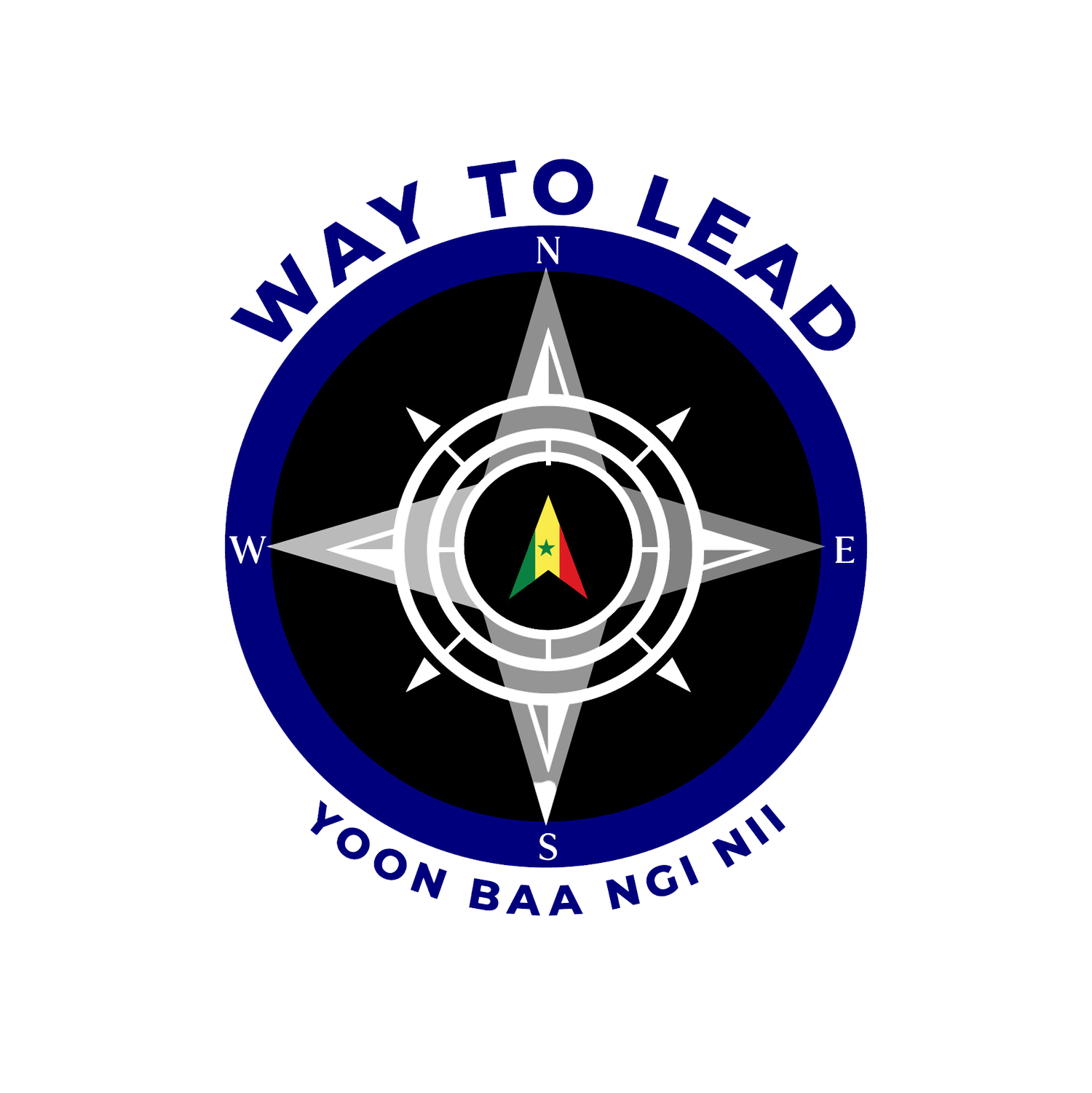
We are committed to guiding you through your immigration journey with expertise, dedication, and compassion.
ABOUT US
Way to Lead Immigrants Resource Center is a non-profit organization aimed at providing assistance and resources to Senegalese immigrants in the Bronx area of New York City. The center will provide services such as job placement assistance, language and education resources, legal support, health care navigation, and community engagement programs. The goal of the organization is to empower and support Senegalese immigrants as they integrate into American society and become leaders in their communities.
MISSION STATEMENT
Way to Lead Immigrants Resource Center is committed to providing a safe and supportive environment for Senegalese immigrants to gain the necessary resources and skills to achieve their fullest potential in American society. We strive to empower and educate our community to become leaders in their personal and professional lives.
OBJECTIVES
To provide language and education resources to improve job opportunities and overall success in American society.
To offer job placement assistance and support for Senegalese immigrants seeking employment.
To offer legal support and guidance to assist with navigating the complex legal system.
To provide healthcare navigation and support to ensure access to healthcare for Senegalese immigrants.
To offer community engagement programs and events to foster community and cultural connections.
To promote leadership and empowerment in the Senegalese immigrant community.
OUR TARGET MARKET
The primary target market for Way to Lead Immigrants Resource Center is the Senegalese immigrant community in the Bronx area of New York City. The center aims to provide assistance and resources to all Senegalese immigrants, regardless of age, gender, or background. Additionally, the organization will work to establish partnerships with local buruea. Additionally, the organization will work to establish partnerships with local businesses, community organizations, and government agencies to expand its reach and impact. Senegal has a long and complex immigration history, dating back to the colonial era. During colonial times, Senegal was a center for French colonial administration in West Africa and served as a major hub for trade and commerce. As a result, many French and other European citizens came to Senegal to work as traders, administrators, and missionaries.
In the post-colonial era, immigration to Senegal has been shaped by a number of factors, including economic development, regional conflicts, and political instability. In the 1960s and 1970s, Senegal saw a significant influx of immigrants from other West African countries, particularly those in the neighboring countries of Mali, Guinea, and Mauritania.
In recent years, Senegal has also become a destination for immigrants from other regions of the world, including Europe, North Africa, and Asia. These immigrants come to Senegal to work in a variety of industries, including tourism, agriculture, and manufacturing, as well as to study and to pursue other opportunities.
Despite these immigration trends, Senegal has also faced significant challenges in managing immigration, including issues related to irregular migration, trafficking, and exploitation. In recent years, the Senegalese government has taken steps to address these challenges, including working with regional and international organizations to improve border management and enhance the rights and protections of migrants.

ABOUT SENEGALESE COMMUNITY
The Senegalese community in New York City is a diverse group of people who have migrated from Senegal, a country located in West Africa. According to the US Census Bureau, there were an estimated 11,000 Senegalese living in the United States in 2018, with a significant number of them living in New York City. The Senegalese community in NYC is mostly concentrated in Brooklyn, particularly in neighborhoods such as Flatbush, East Flatbush, and Canarsie.
The Senegalese community in NYC is made up of a mix of immigrants and refugees. Many of them come to the US seeking economic opportunities and a better life for themselves and their families. They also come to the US to reunite with family members who have already settled here.
The community faces a number of challenges as they navigate the complexities of adjusting to life in a new country. These include language barriers, lack of access to jobs and affordable housing, and isolation from their community. They also face discrimination and racism.
Despite these challenges, the Senegalese community in NYC is known for its strong sense of community and cultural traditions. They have established mosques, cultural centers, and other community organizations that provide a sense of belonging and support.
It's worth mentioning that Senegal, has a strong tradition of entrepreneurship and business skills. This could be an asset for the Senegalese immigrants and refugees in NYC.
OUR LOCATION
Few tips for Senegalese immigrants
Know your rights
It's important to understand your rights as an immigrant in the country you're moving to. This information can be found through various online resources, immigration advocacy organizations, or legal aid organizations.
Get involved in your community
Volunteer or participate in community events to help you feel more connected and meet new people.
Connecting with other Senegalese immigrants, cultural organizations, and community groups can help you feel more connected and provide a sense of community.
Build a support network
If you have any immigration-related legal issues, it's important to seek help from an immigration lawyer or legal aid organization.
Seek legal help
Understanding the language of the country you're in can help with day-to-day tasks, finding a job, and accessing services.
Learn the language
Stay informed about changes to immigration laws and policies in your country of residence. This information can be found through media, online resources, and immigrant advocacy organizations.


